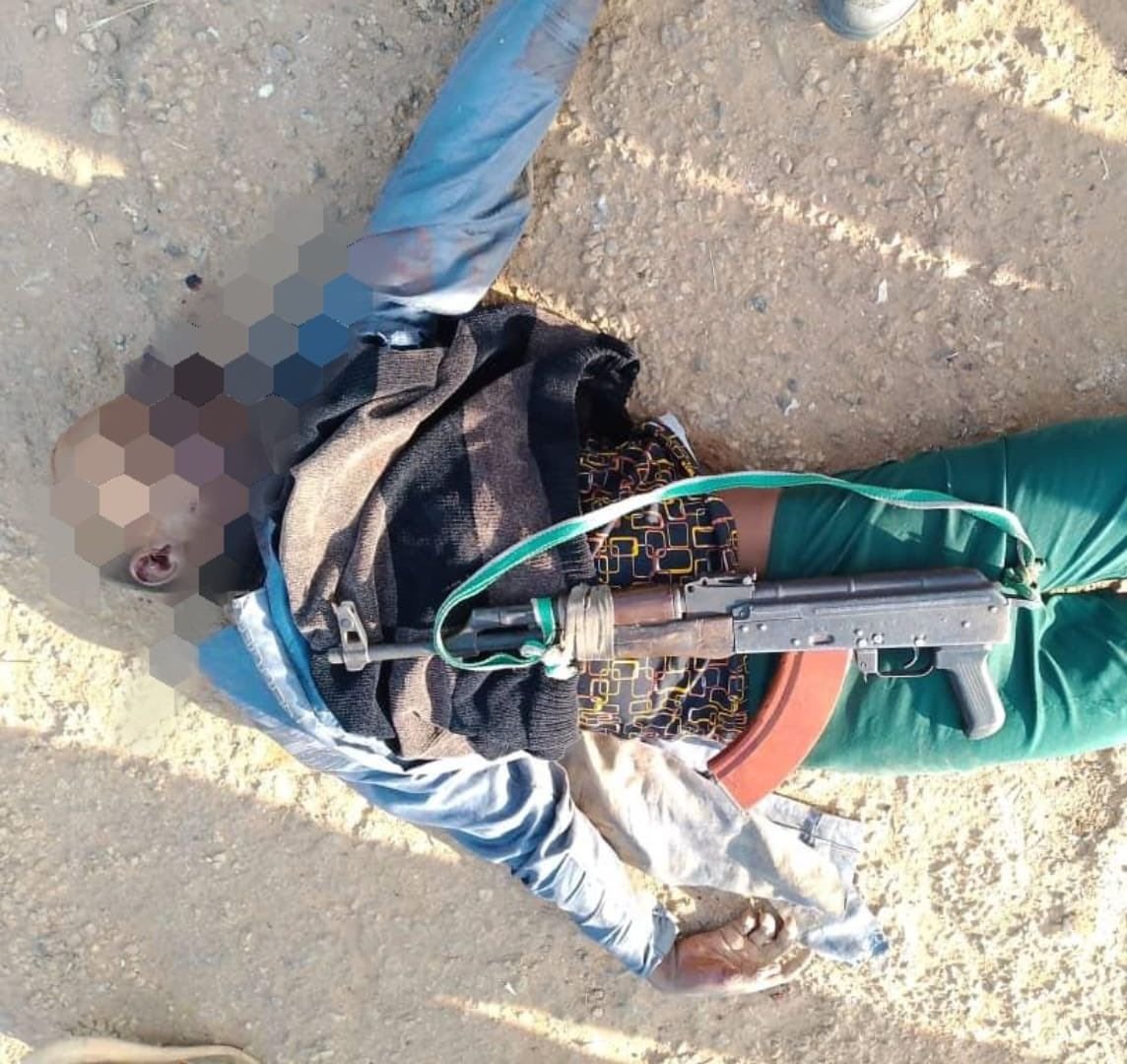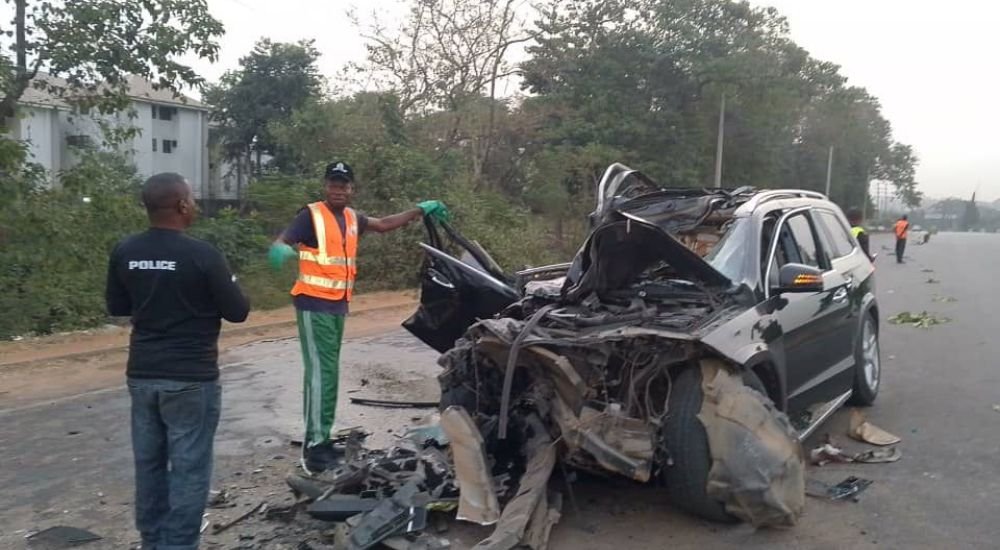New Orleans, U.S. – Two violent incidents rocked the United States on New Year’s Day, with a former US Army veteran driving a pickup truck into a crowd in New Orleans and engaging in a deadly firefight with police, while an active-duty Green Beret died in an explosion involving a Tesla Cybertruck near a Trump hotel in Las Vegas.
The attacks, which left scores dead and raised numerous questions about domestic threats, have sparked intense debate over their motives and implications.
New Orleans Attack: A “Lone Wolf” or Coordinated Threat?
The New Orleans attacker, identified as a former Army HR officer, carried out the assault using a pickup truck and later died in a firefight with police.
Reports indicate two improvised explosive devices (IEDs) were also discovered at the scene. While the FBI has stated there is no evidence the attacker worked with others, former CIA analyst Larry Johnson cast doubt on the lone wolf theory, citing the attacker’s financial troubles and lack of specialized training in explosives or firearms.
Johnson questioned the origins of the funding and expertise behind the IEDs, suggesting that broader networks or external influences may be at play. He also highlighted contradictions in initial media reports, which attempted to link the incident to immigration issues before clarifying that both suspects were US citizens.
Las Vegas Explosion Raises Further Questions
In Las Vegas, an active-duty Green Beret reportedly detonated explosives inside a Tesla Cybertruck outside a Trump hotel. The suspect’s military background, including training in weapons and explosives, has prompted scrutiny. Johnson pointed out inconsistencies, particularly how the suspect, with advanced knowledge, ended up as a victim of his own device.
The presence of a “Slava Ukraini” T-shirt in a photo of the suspect has raised suspicions about potential links to Ukraine. Johnson speculated that such a connection might signal broader geopolitical motivations, potentially tied to concerns over Donald Trump’s future political decisions regarding the ongoing war in Ukraine.
FBI’s Credibility and Domestic Instability
Johnson criticized the FBI’s handling of the New Orleans case, referencing the agency’s controversial role in past investigations, including the Russiagate affair. He suggested the attacks could be part of an effort to destabilize the United States ahead of Donald Trump’s potential return to power, positioning the former president as a threat to entrenched federal institutions.
Unanswered Questions
The motives behind both incidents remain unclear, with authorities continuing to investigate connections, funding sources, and potential affiliations. Observers like Johnson caution that domestic threats, including those stemming from within the military, may represent a growing challenge for US security agencies.
As investigations unfold, the incidents highlight the complexity of addressing internal threats in an era marked by political polarization and international tensions.




